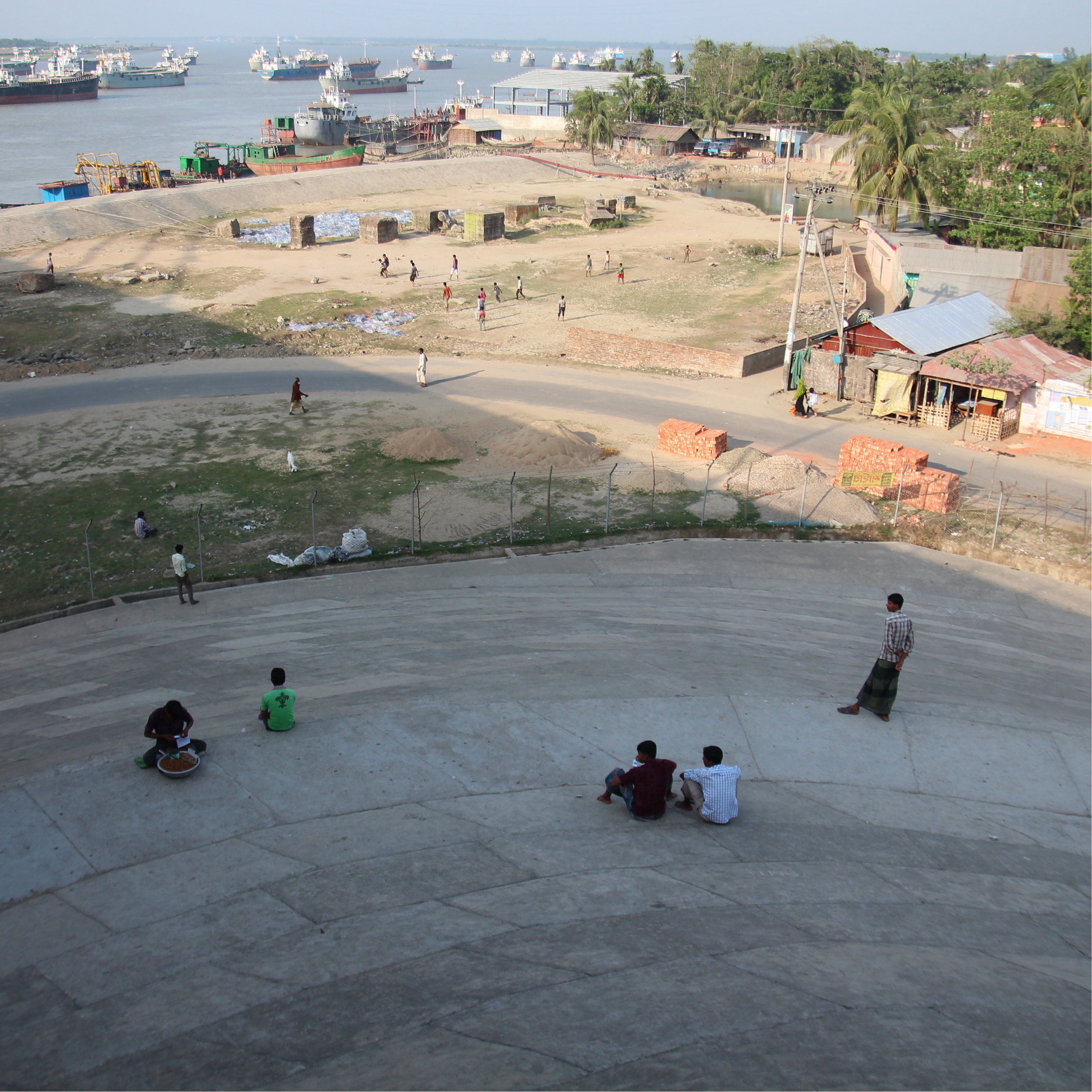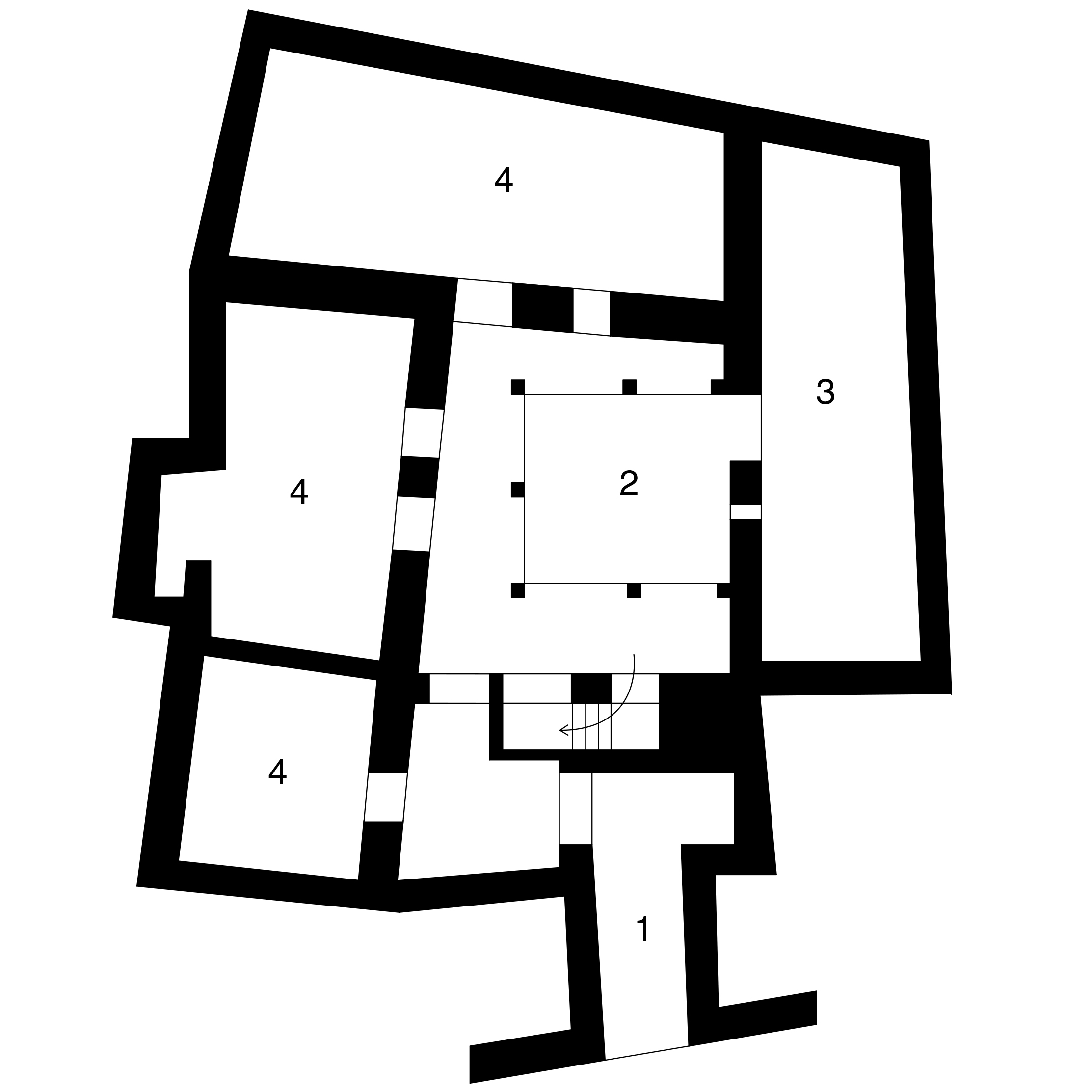Reassessing the conditions for hospitality in public space

By Meriem Chabani and John Edom, City, 24:1-2, 325-342, 2020.
Article available here.

What are the limits to sociality in public space? Within architectural and urban discourses, the shared spaces of our cities are often evoked as a democratic right and the place where democracy—the claim and exercise of rights—is enacted, providing a representation of society while being the site for its production. Where does this leave sociality?

In the intellectual tradition of Kant, the conditions for sharing public space are provided by a universal right to hospitality mediated by tolerance. Derrida responds that tolerance is merely postponed hostility, whereas true hospitality requires asserted rights to be displaced by opening and recognition as a precondition for sociality.

In this article, we draw on our work with our Paris-based architecture practice New South, that focuses on deconstructing and reconfiguring ways of thinking about, designing and representing the metropolises of the global south. These examples are presented in order to make the case for shared spaces conditioned by rules that offer alternatives to Kant’s right to hospitality. We argue that such spaces may afford modes of sociality premised upon opening and recognition through forms of hospitality that more closely correspond to the notion elaborated by Derrida.